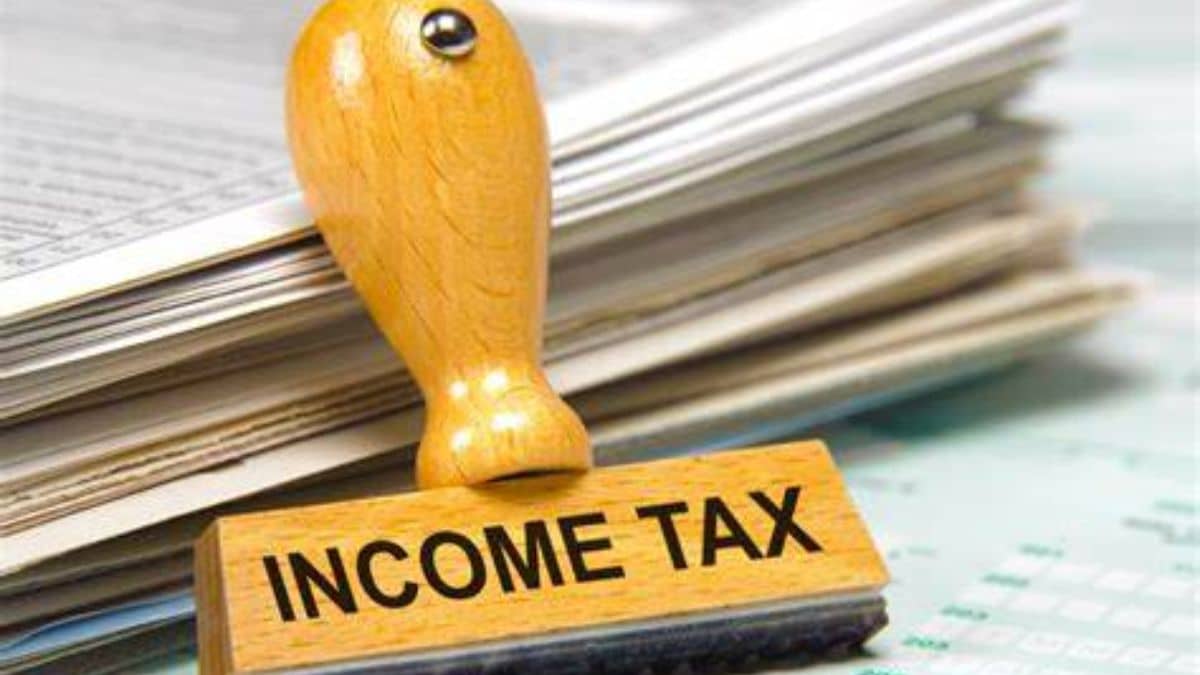The Income Tax Department has reported a significant increase in the number of Income Tax Returns (ITRs) filed for the Assessment Year (AY) 2024-25. As of July 26, over 5 crore ITRs have been submitted, marking a notable rise compared to the previous year’s filing figure of approximately 4.8 crore by July 27, 2023. This surge indicates heightened compliance and a growing awareness of tax obligations among taxpayers.
The increase in filings is attributed to various factors, including enhanced taxpayer services and streamlined e-filing processes introduced earlier this year. The government’s efforts to simplify tax procedures and provide better digital infrastructure have played a crucial role in this upward trend.
In related developments, recent updates in the Union Budget for FY 2024-25 have introduced several key changes that impact taxpayers. The budget, presented earlier this year, has included revisions aimed at improving tax efficiency and supporting economic growth.
Key Changes in the Union Budget includes –
1. Enhanced Tax Deductions: The budget has raised the limit for tax deductions under Section 80C to ₹2.5 lakh, providing additional relief to taxpayers saving for retirement and investments.
2. Reduced Corporate Tax Rates: To boost business activities and attract investments, the corporate tax rate has been reduced from 25% to 22% for companies with an annual turnover below ₹400 crore.
3. Introduction of New Tax Slabs: A new tax slab has been introduced for individuals with incomes exceeding ₹15 lakh, aiming to balance tax burdens more equitably among high earners.
4. Incentives for Green Investments: The budget has also introduced tax incentives for investments in green technologies and sustainable practices, aligning with the government’s environmental goals.
These changes are expected to impact taxpayer behavior and compliance, reflecting the government’s commitment to fostering a more robust and equitable tax system. As the tax filing season progresses, the adjustments are likely to influence both individual and corporate tax strategies.

